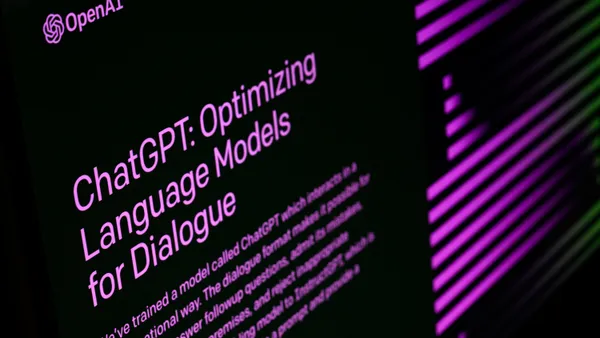When auditors seek evidence of fraud, they take a careful look at a company’s financial statements. Maybe they should examine other statements, such as those uttered by company executives.
That’s the theory behind new fraud-detection software developed by two professors at Virginia Tech, who say that the story a company crafts around its numbers often says much about whether those number are solid.
“We want to add another tool to the auditor’s toolbox,” says Greg Jenkins, associate professor at Virginia Tech and the program’s co-developer. The idea is “to look at all the communications a company makes public [including MD&A disclosures, public statements, and a range of SEC filings] and see if there are patterns that are inconsistent with the company’s performance, or with the performance of other companies in the industry,” he says.
Jenkins, a former auditor with Ernst & Young, and Patrick Fan, a Virginia Tech associate professor and data-mining expert, tested the software on a blind pool of corporate filings; it predicted with 60 to 80 percent accuracy which companies committed fraud. “This is an attention-directing effort” to help auditors and regulators focus on the highest risks, says Fan, who says the product should be ready to launch in 2009.
Jenkins offers a simple example. “I read a comment in a letter to shareholders that Enron executives were ‘laser-focused’ on earnings,” he says. While to ordinary ears this may seem benign or even desirable, to a former auditor it sounded an alarm. “It suggested there was perhaps an unhealthy emphasis on one thing.”
“Enron [statements featured] positive, boastful words when their stock was going down,” adds Fan. “Their words were not in line with their financial performance.” That, as any textual expert will tell you, is an understatement.












